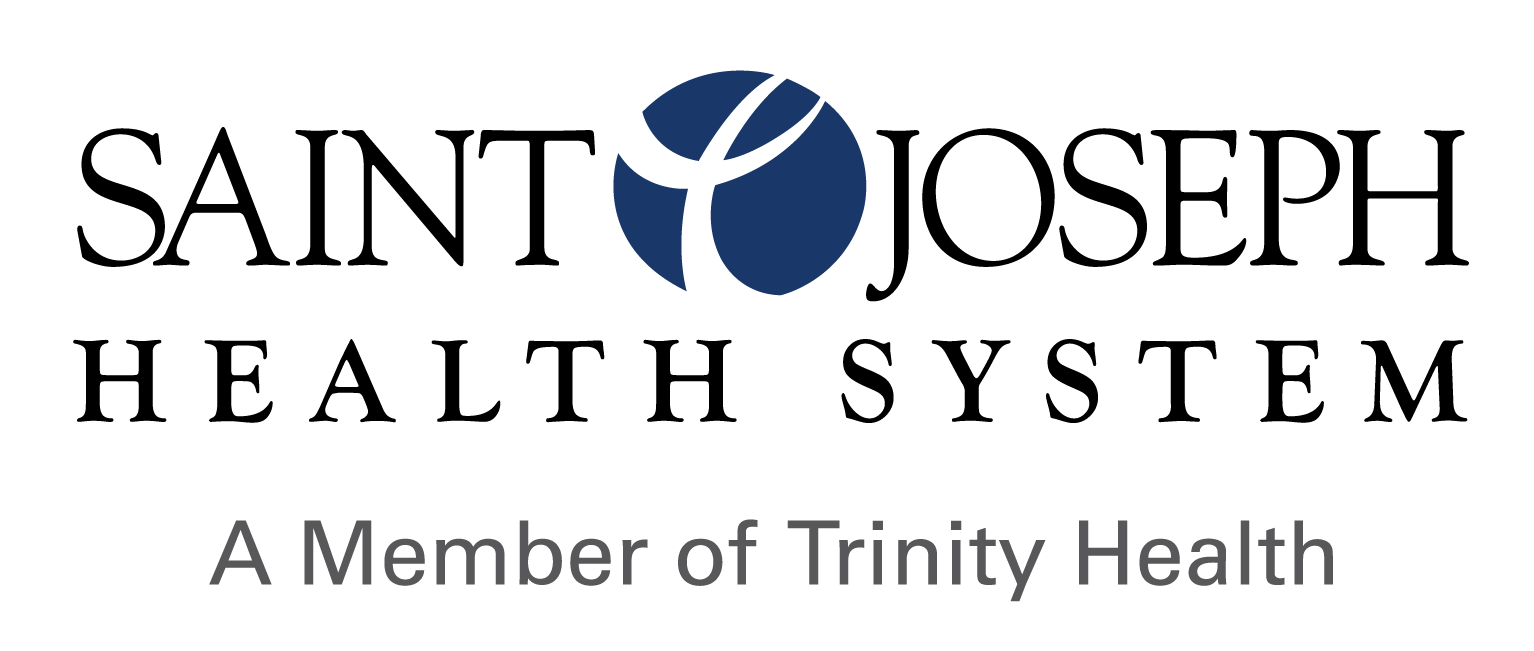Stroke Activation System
How SJHS handles stroke patients
Strokes kill more than 150,000 Americans each year and leave many more disabled. They happen when the brain doesn't get enough blood, either because an artery burst or a clot blocked the blood flow.
The single most important thing to know about stroke treatment is that time is critical. The earlier a person who has suffered a stroke can be treated, the better the outcome will be.
That's why SJHS implemented Code Stroke for patients who arrive in the ;ER with stroke-like symptoms. Key steps include:
- EMS performs the Cincinnati Stroke Scale, a simple neurological test on anyone with stroke-like symptoms
- EMS alerts the ER that a patient with stroke symptoms is on the way
- ER nurse triages the patient upon arrival to assess for stroke symptoms and initiates a stroke protocol to make sure all appropriate tests are ordered
- ER physician or ER nurse activates the Code Stroke system, which alerts all the team members including CT, X-ray, EKG, lab, pharmacy and the stroke nurse
- The neurologist is also contacted to determine immediate treatment for the patient
Stroke Warning Signs
If you recognize any signs of a stroke, act immediately. Call 9-1-1.
- Sudden numbness, paralysis, or weakness in face, arm, or leg, especially on only one side of your body
- Unexpected difficulty walking or keeping balance
- Slurred speech or drooling
- New vision changes
- Problems speaking or understanding others
- Feeling confused
- Sudden, severe headache
Certified Stroke Unit
The SJHS Mishawaka Medical Center Stroke Unit is certified by The Joint Commission. Achievement of certification signifies compliance with national standards and performance measurement expectations.
Support After a Stroke
Recovering from a stroke and regaining independence is a life-changing process. The Saint Joseph Rehabilitation Institute Stroke Support Group provides education and encouragement. Stroke survivors, families and caregivers are encouraged to share personal stories and offer peer support. For more information call 574-335-8800.

